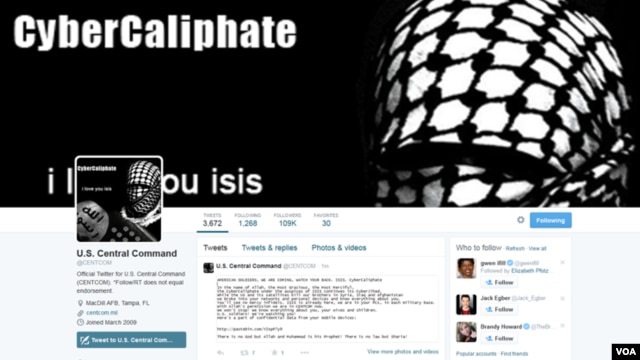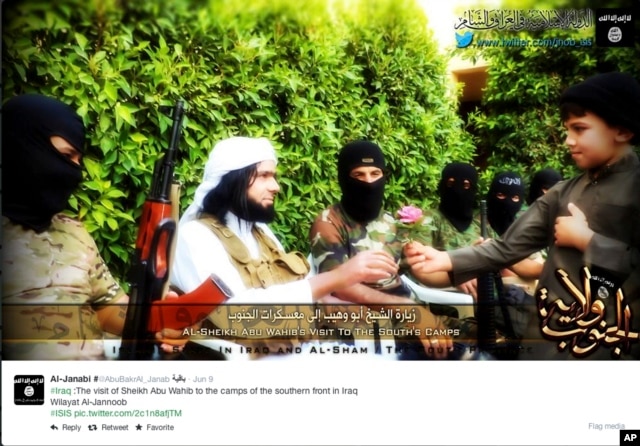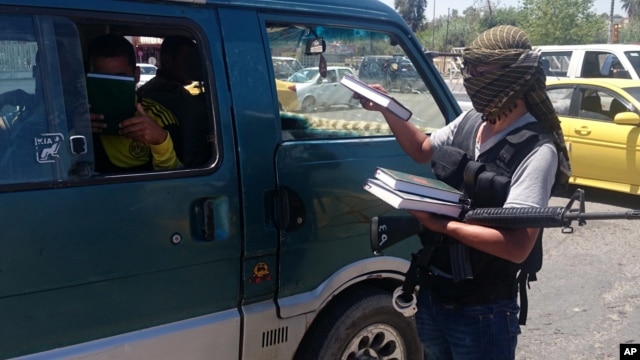Disir
Platinum Member
- Sep 30, 2011
- 28,003
- 9,608
- 910
Department of Homeland Security (DHS) Secretary Jeh Johnson has thrown his support behind controversial cybersecurity legislation under consideration in the Senate.
The Cybersecurity Information Sharing Act (CISA) would shield companies from legal liability when sharing cyber threat data with the government.
It faces opposition from a variety of privacy advocates and tech groups who say the bill would unnecessarily funnel personal information to the federal government and weaken security overall.
“Now is the opportunity for the Congress, in bipartisan fashion, to better protect the cybersecurity for the American people and their government; it is an opportunity we cannot afford to lose,” Johnson said in a statement late Thursday. “As currently written, I support this bill.”
Johnson’s announcement came less than an hour after the White House tendered its formal support for the legislation.
The Obama administration has been informally on board with CISA since August, when White House spokesman Eric Schultz called on the upper chamber to swiftly move the bill.
Johnson’s agency stands to have significant responsibility for any threat indicators shared with the federal government should the bill pass.
For many privacy and security opponents of the bill, the sticking point was what information would be shared and how.
A series of tweaks and alterations, many of which have been combined into a manager’s amendment package expected to pass next week, attempt to mitigate those concerns.
Under provisions in the package, shared data would be funneled through the DHS to be “scrubbed” of personally identifiable information.
Homeland Security gets behind cyber sharing bill
S.754 - 114th Congress (2015-2016): Cybersecurity Information Sharing Act of 2015
Ya, I mean.........send that information right down to Homeland security and let them "scrub it".
Morons.
Stop the Cybersecurity Information Sharing Act | EFF Action Center
The Cybersecurity Information Sharing Act (CISA) would shield companies from legal liability when sharing cyber threat data with the government.
It faces opposition from a variety of privacy advocates and tech groups who say the bill would unnecessarily funnel personal information to the federal government and weaken security overall.
“Now is the opportunity for the Congress, in bipartisan fashion, to better protect the cybersecurity for the American people and their government; it is an opportunity we cannot afford to lose,” Johnson said in a statement late Thursday. “As currently written, I support this bill.”
Johnson’s announcement came less than an hour after the White House tendered its formal support for the legislation.
The Obama administration has been informally on board with CISA since August, when White House spokesman Eric Schultz called on the upper chamber to swiftly move the bill.
Johnson’s agency stands to have significant responsibility for any threat indicators shared with the federal government should the bill pass.
For many privacy and security opponents of the bill, the sticking point was what information would be shared and how.
A series of tweaks and alterations, many of which have been combined into a manager’s amendment package expected to pass next week, attempt to mitigate those concerns.
Under provisions in the package, shared data would be funneled through the DHS to be “scrubbed” of personally identifiable information.
Homeland Security gets behind cyber sharing bill
S.754 - 114th Congress (2015-2016): Cybersecurity Information Sharing Act of 2015
Ya, I mean.........send that information right down to Homeland security and let them "scrub it".
Morons.
Stop the Cybersecurity Information Sharing Act | EFF Action Center




